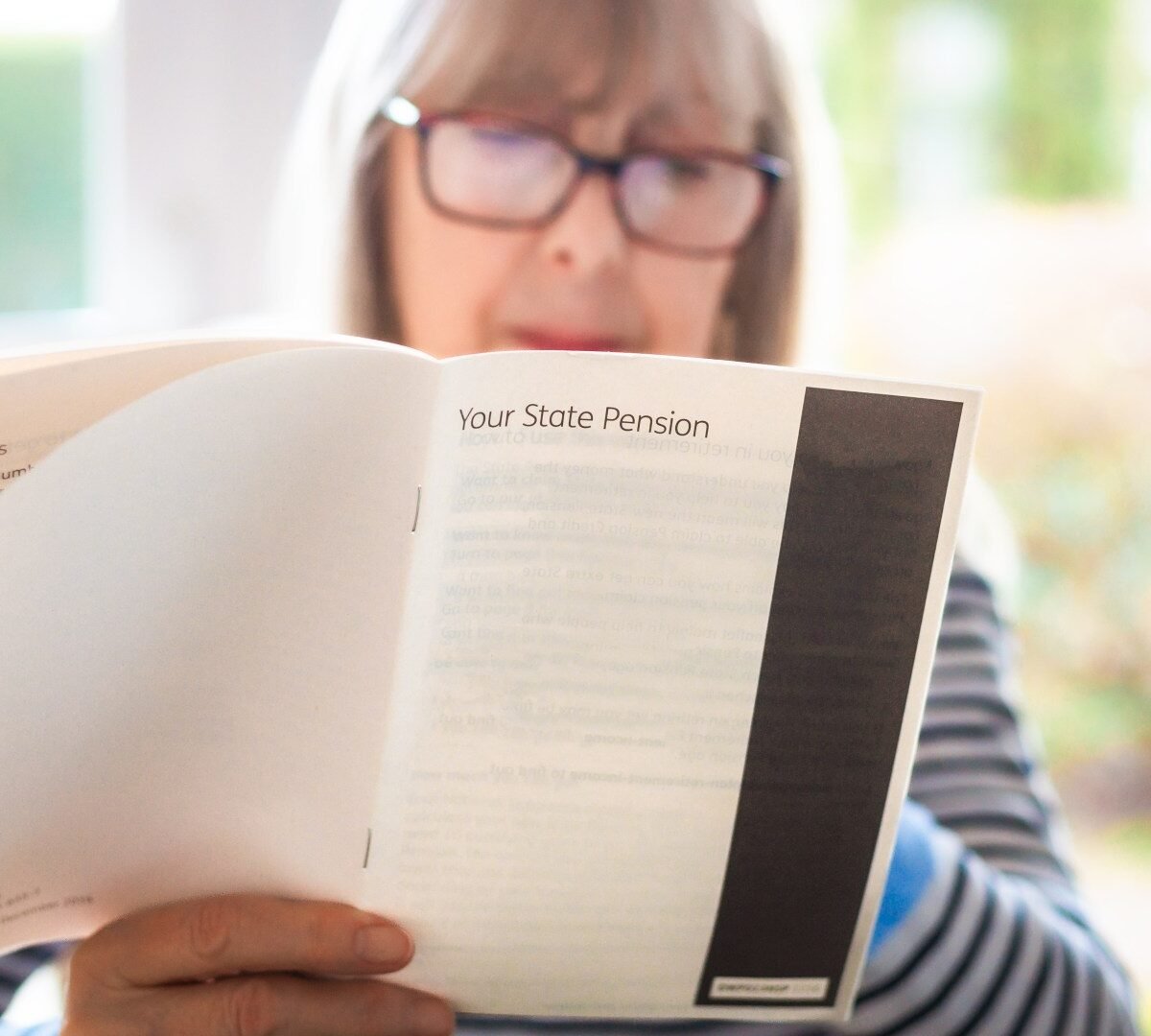NOT all workers are going to have enough money to get them through retirement – and new analysis has revealed who is most likely to be affected.
It may come as a surprise to some but half of baby boomers are expected to fall short of having an adequate income in retirement, according to research by asset manager Vanguard.
The generation born between 1946 and 1964 is well-known for having bumper pensions and mortgage-free homes.
But the new analysis reveals middle-income baby boomers are the most at risk of falling short in retirement.
Only 40% of people in the middle-income bracket, earning between £32,600 and £46,599, were projected to meet their expected retirement income.
Overall, 51% of baby boomers are expected to do so.
Even when it came to high-income boomers earning over £74,600, 62% of them are predicted to meet their expected retirement income.
That leaves a pretty significant 38% who won’t.
Most low-income workers (74%) on less than £17,700 a year will be able to maintain their lifestyle as they’ll be largely relying on the state pension.
However many of them will still fall short of the minimum retirement living standard.
Minimum standards for a comfortable retirement
PENSIONS UK has set out the minimum income you should have per year for a comfortable retirement…
Minimum income
- £13,400 for a single person
- £21,600 for a couple
Moderate income
- £31,700 for a single person
- £43,900 for a couple
Comfortable income
- £43,900 for a single person
- £60,600 for a couple
People most likely to be on track for retirement had a “gold-plated” defined benefit pension.
These schemes offer a guaranteed income in retirement that’s linked to inflation, making them very valuable.
Few private employers offer pensions like this any more so they’re less common among younger generations.
Vanguard’s analysis found 69% of baby boomers with defined benefit pensions were “retirement ready”.
But just 28% of those without were.
Experts have long been warning of a pension savings crisis in the UK that could leave many of us out of pocket in retirement.
They say the current minimum contribution level is not enough to fund retirements properly.
Auto-enrolment rules mean employees put at least 5% of their salaries into a pension, while their employer must contribute a minimum 3%.
The Government is currently carrying out a review of pensions – including whether minimum contributions need to be raised.
How can you boost your pension pot?
If you’re worried about not having enough for retirement, there are some steps you can take to boost your savings.
Merge your pots
You could potentially increase your savings by thousands of pounds if you merge your pension pots.
You’ll probably have an average of between six to 12 jobs in your lifetime, which could mean lots of different pension pots.
With each one you’re paying an admin fee, so by combining your pots you can cut down on fees.
For example, a worker with three pension pots with £25,000 each from previous jobs who combined them and found a lower fee could add £20,000 to their retirement fund over 20 years.
You should check first whether merging pots is the right move for you, though.
You can read more on that here.
Track down lost pension pots
Millions of people have “lost” pension pots from previous employers.
Estimates suggest there are 3.3million lost pots worth a combined £31billion.
Each lost pot is worth a whopping £9,393 on average.
You may have lost track of your pot if you’ve changed jobs.
Luckily there are things you can do to track it down.
If you have lost your paperwork, you can still trace your pension pot by contacting your previous employers.
They should be able to tell you which pension scheme you are enrolled on.
Or, you can use the Government’s free Pension Tracing Service that can help you track down lost pension pots – https://www.gov.uk/find-pension-contact-details.
Take your state pension later
If you’re able to, delaying receiving your state pension can earn you nearly £700 extra per year.
Most people apply for the state pension as soon as they reach the eligible age of 66.
But if you delay your claim, you can get higher payments.
You can get an extra 1% for every nine weeks that you delay your claim.
That means that for every year you delay, you boost your payout by just under 5.8%.
This can be a sensible option if you don’t need the income immediately.
The full new state pension is worth £230.25 a week, so over the 2025-2026 tax year you could boost your payments by about £13.35 a week.
This works out at about £694.20 a year, according to analysis by Quilter.
Top up your National Insurance
Another way of boosting your state pension is by topping up gaps in your National Insurance record.
You need 35 NI years to get the full new state pension, and 10 years to get anything at all.
Anyone who has had career breaks, worked abroad, been self-employed, or spent years in low-paid jobs may have gaps in their NI record.
Boosting your record costs different amounts depending on the year you top up.
The rate is usually around £824 for each missing year, adding £328 a year to your pension.
This boost lasts for life, so you could quickly make back what you spend.
If you buy five years of missing contributions, paying around £4,100 in total, you’ll get an extra £1,640 every year for life.
Over 10 years in retirement, you’ll have pocketed an extra £16,400.
However you should be aware that you can only buy back the last six tax years.






